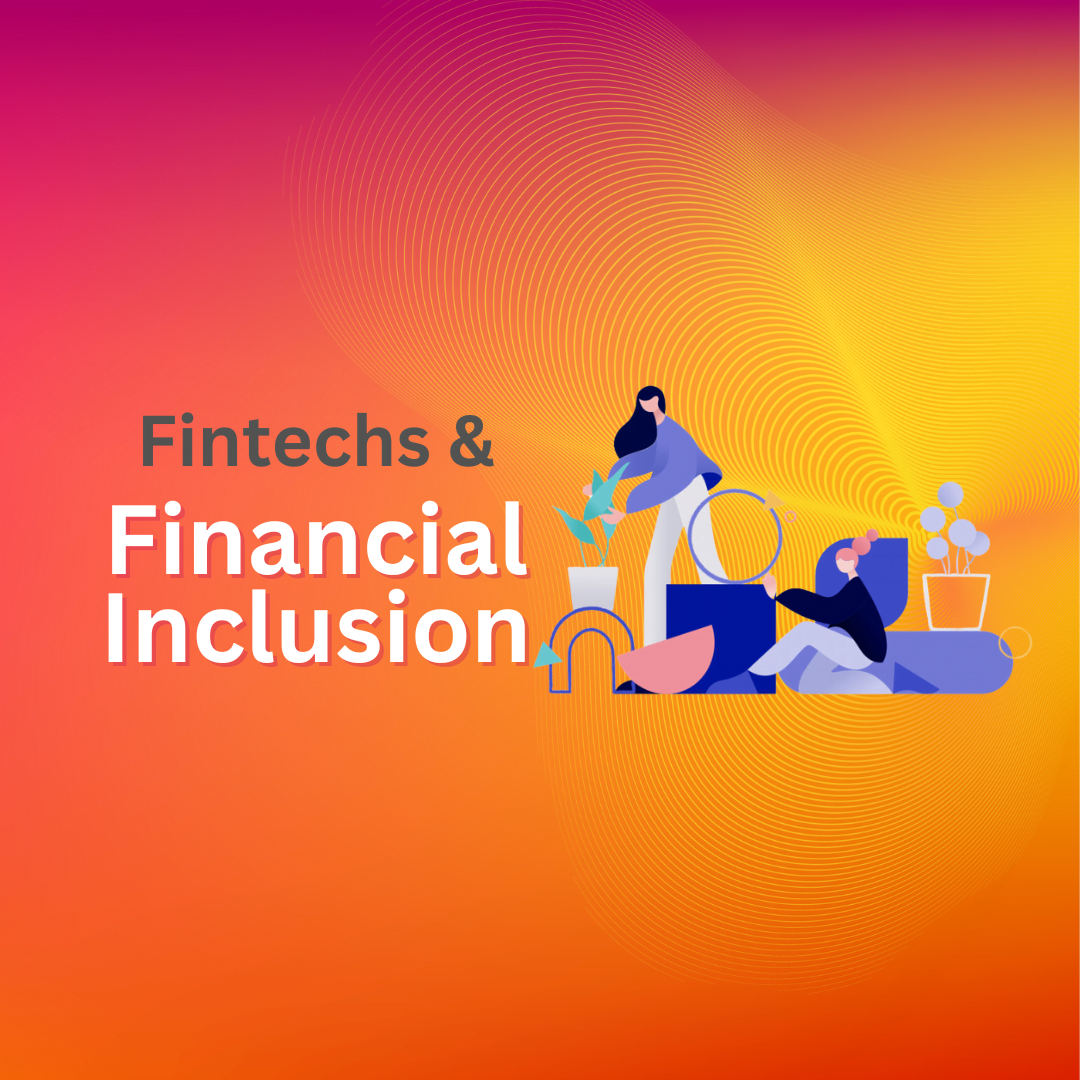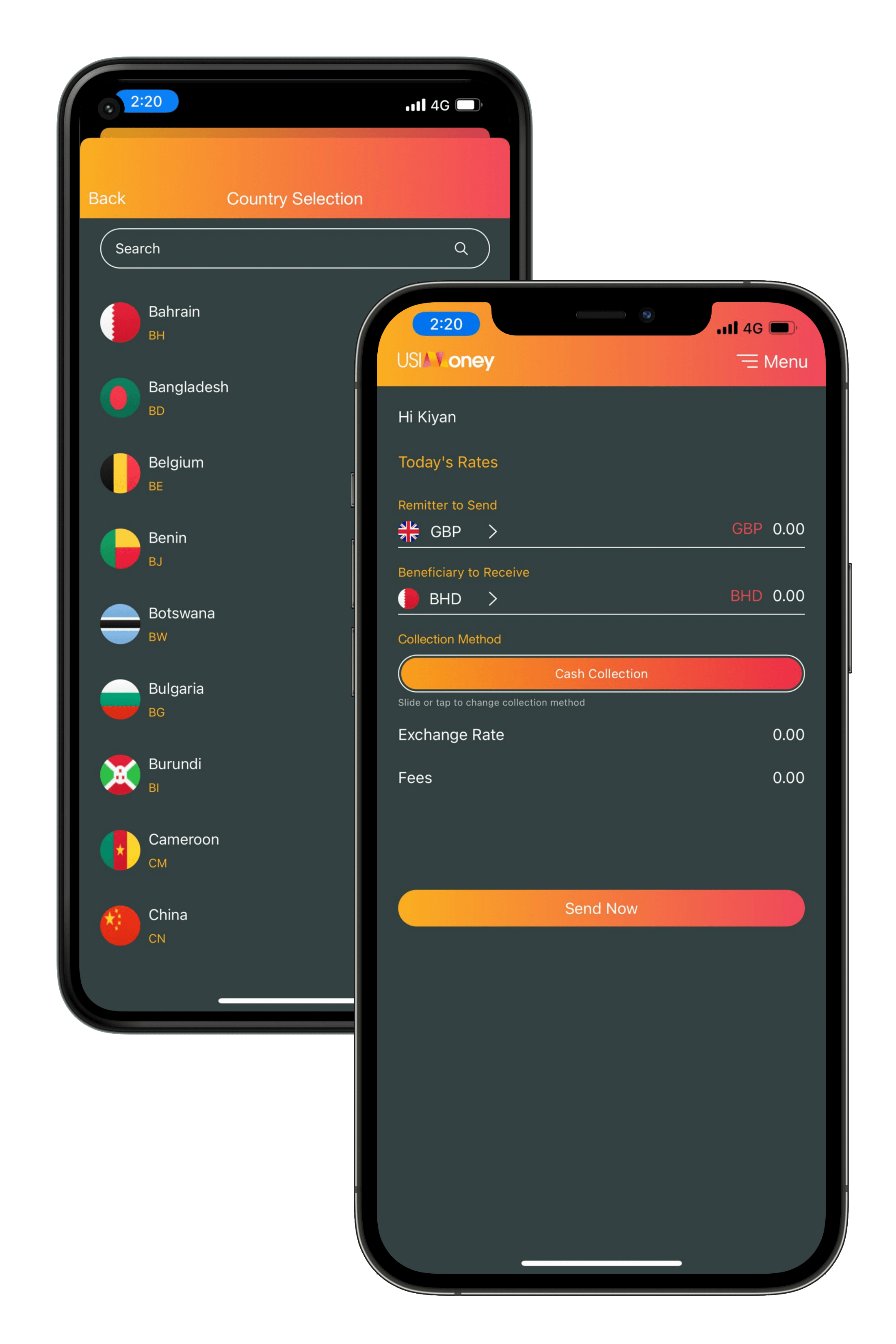
In an increasingly digital world, access to financial services is more than just a convenience—it’s a fundamental right. Yet, billions of people around the globe remain excluded from the traditional banking system, lacking access to basic financial tools and services. Enter fintech, the game-changer in the quest for financial inclusion.
Breaking Down Barriers
Financial inclusion, the principle of ensuring that individuals and businesses have access to affordable and appropriate financial products and services, lies at the heart of fintech’s mission. By harnessing the power of technology, fintech companies are dismantling the barriers that have long hindered access to finance for underserved populations.
Empowering the Unbanked
One of the most significant contributions of fintech to financial inclusion is its ability to reach the unbanked and underbanked populations. Through mobile banking and digital payment platforms, fintech companies are providing individuals in remote and underserved areas with access to basic banking services, such as savings accounts, payments, and remittances. These solutions bypass the need for physical bank branches, making financial services accessible to those who were previously excluded.
Microfinance Reinvented
Microfinance, the practice of providing financial services to low-income individuals and small businesses, has long been recognised as a powerful tool for poverty alleviation. Fintech is taking microfinance to new heights by digitising lending processes and leveraging alternative data sources for credit scoring. This enables fintech companies to extend small loans to individuals and entrepreneurs who lack traditional credit histories, opening up opportunities for economic empowerment and entrepreneurship.
Paving the Way for Financial Literacy
Financial inclusion goes beyond access to basic financial services—it also encompasses financial literacy and education. Fintech companies are leveraging innovative technologies, such as gamification and mobile apps, to provide users with tools and resources to improve their financial knowledge and skills. By empowering individuals with the knowledge to make informed financial decisions, fintech is laying the groundwork for sustainable financial inclusion.
Innovation in Insurance and Savings
Fintech is not only revolutionising access to banking and credit but also transforming the insurance and savings landscape. Through microinsurance and digital savings platforms, fintech companies are offering affordable and accessible risk management and savings solutions to individuals with low incomes. These innovations provide a safety net against unexpected expenses and help individuals build assets and wealth over time.
Looking Ahead
As we look to the future, the potential of fintech to drive financial inclusion is immense. With advancements in artificial intelligence, blockchain, and digital identity verification, fintech has the opportunity to further expand access to financial services and empower marginalised communities around the world. By continuing to innovate and collaborate, fintech can play a pivotal role in building a more inclusive and equitable financial system for all.
